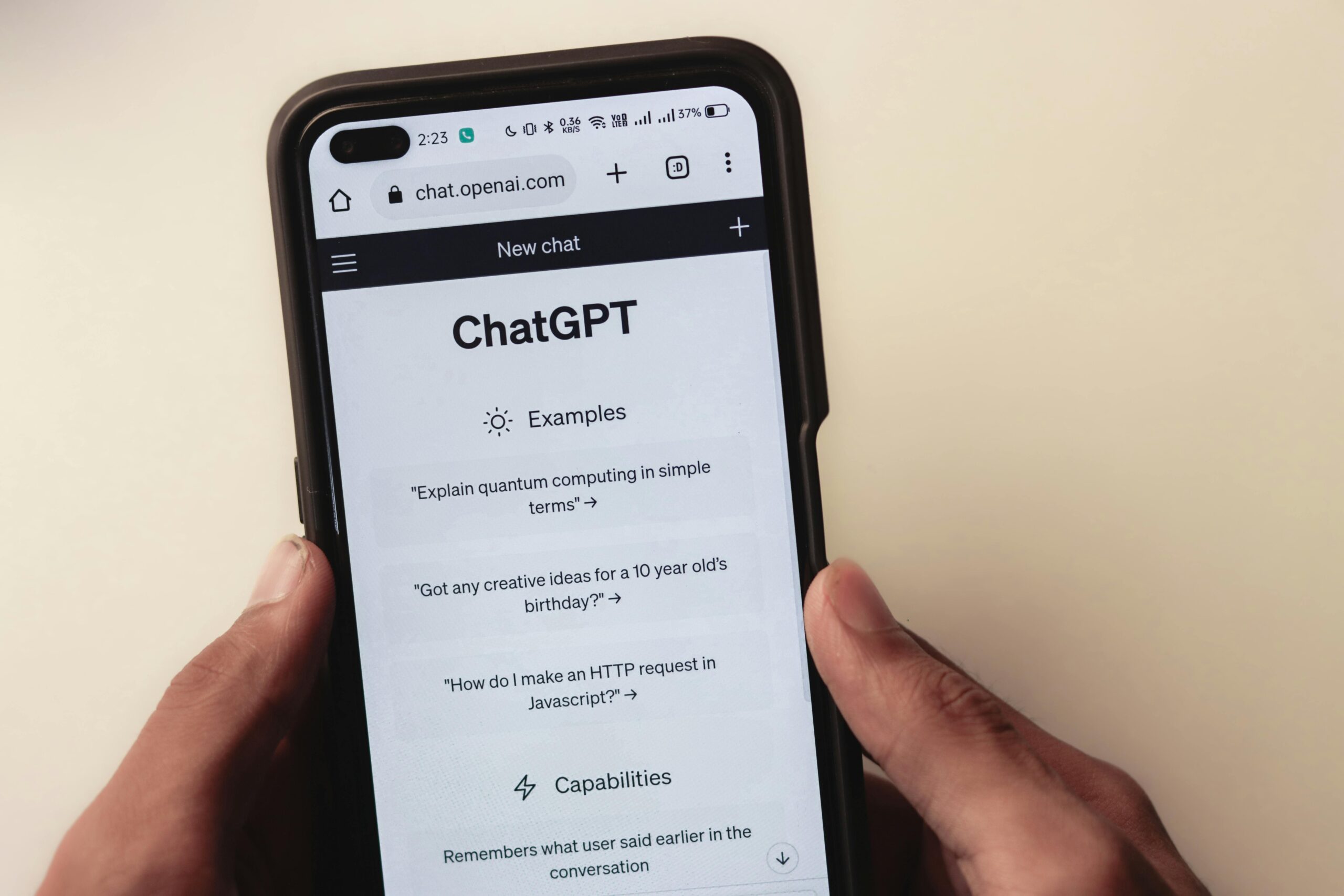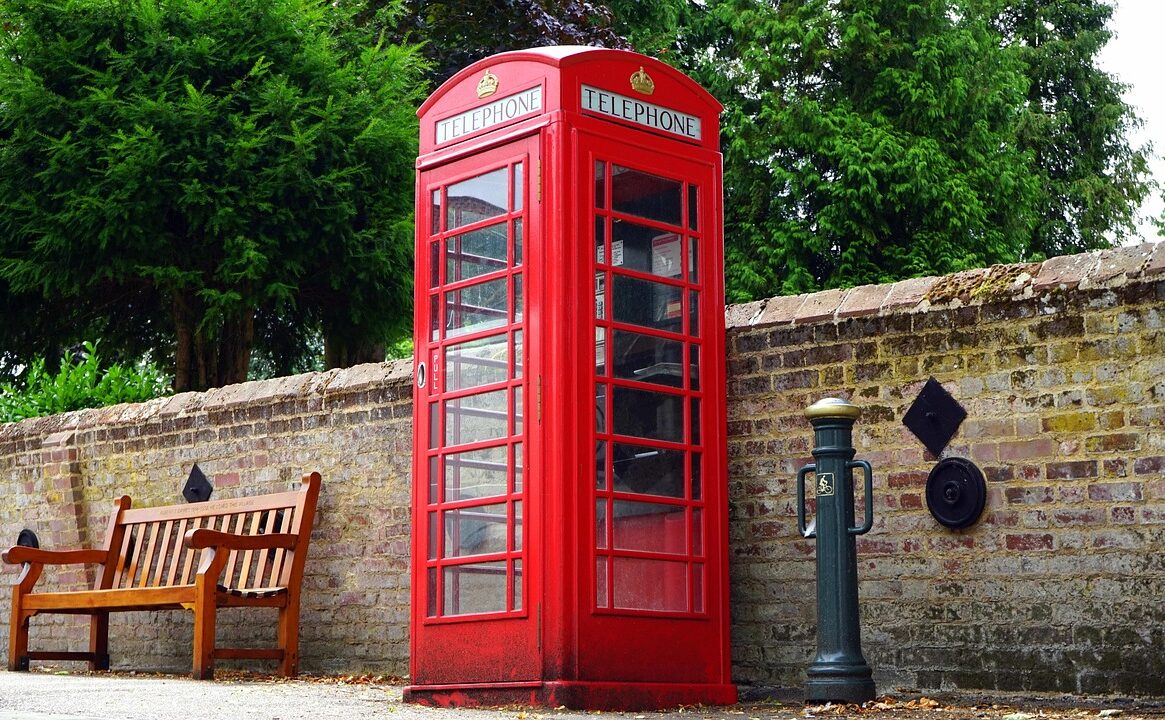
Why is Local SEO Important?
Whilst SEO is an overall approach to growing your online presence organically, the clue is in the title for Local SEO – it’s all about growing your business locally. But what’s it all about? If you’re looking to capture an audience in your local area, Local SEO (Search Engine Optimisation) isn’t just an option – it’s what attracts local customers, enhancing your online presence, and boosting profits. This guide will go through the fundamentals of local SEO, exploring how it works, why it’s important, as well as actionable steps to improve your local search rankings.
What is Local SEO Aimed at Improving?
Local SEO is about enhancing a business’s visibility, most specifically in local search results. When done correctly, potential customers search for services or products “near me” or within a specific area, and local SEO ensures that your business appears within those search results. While general SEO is about targeting a global or national audience, local SEO is all about optimising for a geographically defined customer base.
Local SEO aims to:
- Increase foot traffic: By making your business easier to find online, local SEO encourages more customers to visit your physical location.
- Drive online engagement: A higher local ranking often translates to more website visits and enquiries.
- Build trust and credibility: Appearing at the top of local search makes your business seem trustworthy and fills potential customers with confidence.
Why is Local SEO Important?
Connecting with Nearby Customers
Over 76% of people who perform a local search on their smartphones visit a business within 24 hours. Local SEO ensures that when customers are looking for your products or services, your business is front and centre.
Enhancing Mobile Accessibility
With the rise of mobile searches, local SEO plays a vital role in providing accurate information to users on the go. From opening hours to directions, optimising for local search ensures customers can find exactly what they need quickly.
Building Trust Through Local Reviews
Customer reviews are hugely advantageous for local SEO as they not only impact rankings but also influence consumer decisions. A study found that 88% of consumers trust online reviews as much as personal recommendations. Encouraging positive reviews and responding to feedback can enhance your business reputation.
Staying Ahead of the Competition
Even if your business operates in a small town, don’t presume you still won’t face competition. Local SEO levels the playing field, allowing smaller businesses to even outperform larger chains in local searches.
Driving Community Engagement
Local SEO encourages businesses to connect with their community by participating in local events, sponsoring initiatives, or creating content tailored to local interests. This fosters a sense of loyalty and connection among customers.
How Does Local SEO Work?
Local SEO uses a combination of strategies to ensure your business ranks higher in local searches. It relies on:
1. Google Business Profile (Previously Google My Business)
Previously known as Google My Business, claiming and optimising your Google Business Profile is the basis of local SEO. As a free tool, it lets you:
- Display accurate business details like address, phone number, and hours.
- Showcase customer reviews.
- Post updates, offers, and events.
2. Local Keywords
Incorporating local keywords into your website content, blog posts, and meta descriptions helps search engines understand your location and relevance. For example, “best bakery in London” is a highly effective keyword for a bakery targeting customers in the city.
3. NAP Consistency
NAP stands for Name, Address, and Phone Number. Ensuring this information is consistent across your website, social media, and online directories is crucial for local SEO success.
4. Local Citations
Local citations are mentions of your business on other websites, such as directories or local blogs. These citations help establish credibility and improve local search rankings.
5. Online Reviews
Search engines consider customer reviews as a trust signal. A high volume of positive reviews can significantly impact your rankings.
6. Location-Specific Content
Creating content that resonates with the local community, such as blogs about local events or guides, can improve your visibility and engagement.
7. Backlinks from Local Sites
Building backlinks from reputable local websites signals to search engines that your business is an authority in the area. Collaborate with local bloggers, news outlets, or community organisations to earn these valuable links.
8. Optimised Website
If you’re website isn’t performing up to scratch. this can have a negative impact on local SEO. So ensure it’s mobile-friendly, fast, and includes clear calls to action. Adding an embedded Google Map to your contact page is another small but effective touch.
Who Needs Local SEO?
Local SEO isn’t just for small businesses. It benefits a wide range of organisations, including:
1. Stores with Physical Locations
Shops, restaurants, cafes, and other physical locations rely on local customers. Local SEO ensures these businesses show up in searches like “best coffee shop near me.”
2. Service Businesses
Plumbers, electricians, and other service providers benefit immensely from local SEO, as customers often look for services within a specific area.
3. Healthcare Providers
Doctors, dentists, and clinics need local SEO to attract patients searching for nearby healthcare services.
4. Multi-Location Businesses
Even large chains in retail can use local SEO to optimise for each location, ensuring every branch ranks well in local searches.
5. E-Commerce Stores with Local Services
Online retailers offering local delivery or pickup options can also use local SEO to attract nearby shoppers.
How to Improve Local SEO
Improving your local SEO requires a strategic approach. Here’s the steps to take to do so:
1. Optimise Google Business Profile (Google My Business)
- Fill out all fields accurately.
- Upload high-quality photos of your business.
- Regularly post updates and offers.
- Respond to customer reviews promptly.
2. Build Local Citations
Citations are references to your business across online directories. To build these, citations, list your business on reputable directories such as Yelp, TripAdvisor, and industry-specific platforms. Ensure your NAP details are consistent across all of these listings. In some cases, these can also serve as backlinks for your website.
3. Encourage Customer Reviews
If you’ve built up a good rapport with your customers, customer reviews should be fairly easy to acquire. Ask satisfied customers to leave reviews on Google and other platforms. When you have these reviews, respond to them whether positive or negative, to show you value your customers as well as their feedback.
4. Create Local Content
Content shows your customers that you’re active and engaging with them. Develop blogs, videos, and social media posts tailored specifically to your community. For example, a florist could write about the best flowers for weddings in your area.
5. Leverage Social Media
Maintain active profiles on platforms like Facebook and Instagram. Engage with your audience by sharing local news, hosting events, or promoting special offers.
6. Optimise for Mobile
Most local searches happen on mobile devices, when a customer is looking for quick and valuable results. Because of this, a seamless experience is crucial. Ensure your website is mobile-friendly with fast loading times and easy navigation.
7. Use Local Schema Markup
Schema markup for local SEO tells search engines location specific information about your website. Adding local schema markup can enhance your chances of appearing in rich results, like map packs.
8. Monitor Analytics
Google Analytics and Google Search Console are free tools to track your performance, so make the most of them. Use them to identify what’s working and refine your strategy accordingly.
9. Engage in Community Activities
Sponsoring local events or partnering with nearby businesses can build your reputation while generating backlinks and social media buzz.
How Local SEO Increases Profits
Investing in local SEO can make a dramatic increase to your revenue by:
1. Driving Targeted Traffic
Local SEO ensures you’re attracting customers who are ready to buy. This targeted approach reduces wasted marketing efforts and increases conversions.
2. Reducing Advertising Costs
Unlike paid ads, local SEO offers long-term visibility without ongoing expenses because your organic reach becomes more efficient. Once optimised, your business can continue to benefit from organic traffic.
3. Enhancing Customer Loyalty
By engaging with local customers through reviews and tailored content, you can build lasting relationships, which often leads to repeat business.
4. Maximising ROI
With its focus on high-intent users, local SEO often delivers a better return on investment compared to other marketing strategies.
5. Expanding Business Opportunities
A strong local online presence can open doors to collaborations, partnerships, and even media coverage, further boosting your profitability.
Why Local SEO
No matter the size of your business, Local SEO is extremely powerful for connecting with nearby customers, leading to built trust and increased profits. By adding Local SEO into your SEO strategy and focusing on tactics like optimising your Google Business Profile, encouraging reviews, and creating content for those specifically in and around your area, you can stay ahead of the competition and ensure long-term success. If you’re looking for support with local SEO, we offer this as part of our SEO services, as well as our monthly SEO packages. To find out more, get in touch with us today.






